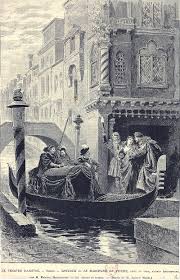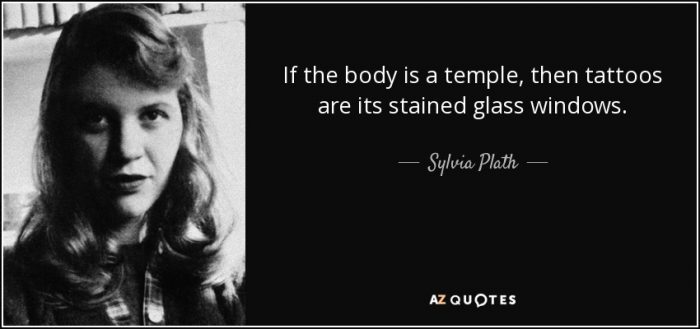
Introduction
Shylock, a central character from William Shakespeare’s play ‘The Merchant of Venice’, remains one of the most debated figures in literature. His portrayal as a Jewish moneylender has sparked discussions around themes of justice, revenge, and discrimination, making him a symbol of complex societal issues that persist in modern times.
Shylock’s Role in ‘The Merchant of Venice’
In the play, Shylock becomes a pivotal figure during the courtroom scene where he demands a pound of flesh from Antonio, the Christian merchant, in repayment of a defaulted loan. This demand underscores not only Shylock’s need for retribution for years of mistreatment but also reflects deeper prejudices in Venetian society against Jews. Shylock articulates his grievances, saying, “Hath not a Jew eyes?” This line echoes the call for empathy in a world dictated by bias and hate.
Historical Context
Shakespeare’s portrayal of Shylock was influenced by the societal views of Elizabethan England, where Jews faced rampant discrimination and were often depicted as villainous figures. However, some argue that Shylock represents a challenge to this stereotype, showcasing the depth of his character and the injustices he endures. While some audiences view him as a villain, others see him as a tragic figure, mirroring the struggle against systemic prejudice.
Modern Interpretations and Impact
In recent years, interpretations of Shylock have evolved. Directors and readers are increasingly recognising him as a representation of the marginalised—a powerful figure who, although embroiled in conflict, highlights issues of identity and social justice. Adaptations of ‘The Merchant of Venice’ have sought to humanise Shylock, allowing audiences to confront uncomfortable truths about bias and revenge. Global discussions about religious tolerance and equality bring renewed relevance to his character.
Conclusion
Shylock continues to be a topic of rich discourse in literature and beyond. His character inspires debates surrounding themes of justice and discrimination, prompting reflections on how society perceives the ‘other’. As contemporary issues of intolerance persist, Shylock’s story serves as a reminder of the need for empathy and understanding, making him an enduring figure in the arts and social contemplation.
You may also like

The Literary Influence of Zadie Smith

The Literary Legacy of Bernard Cornwell

The Enduring Legacy of Sylvia Plath
SEARCH
LAST NEWS
- Remembering Wendy Richard: The Promise to Co-Star Natalie Cassidy
- How Did Anglian Water Achieve an ‘Essentials’ Rating for Mental Health Accessibility?
- Shai Hope Leads West Indies in T20 World Cup Clash Against South Africa
- What We Know About Weston McKennie: Future at Juventus and Past at Leeds
- What We Know About the Upcoming Live Nation Antitrust Trial